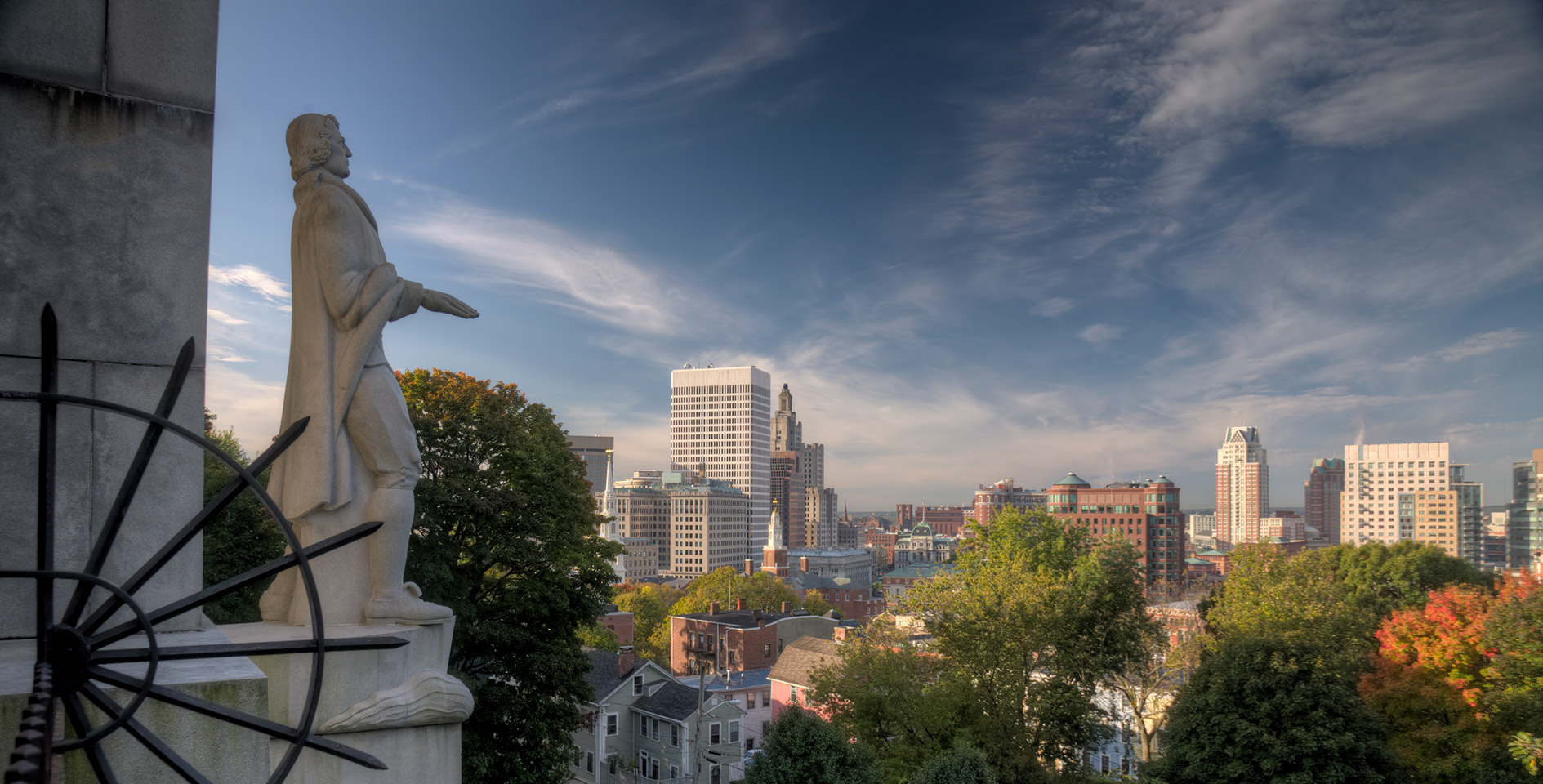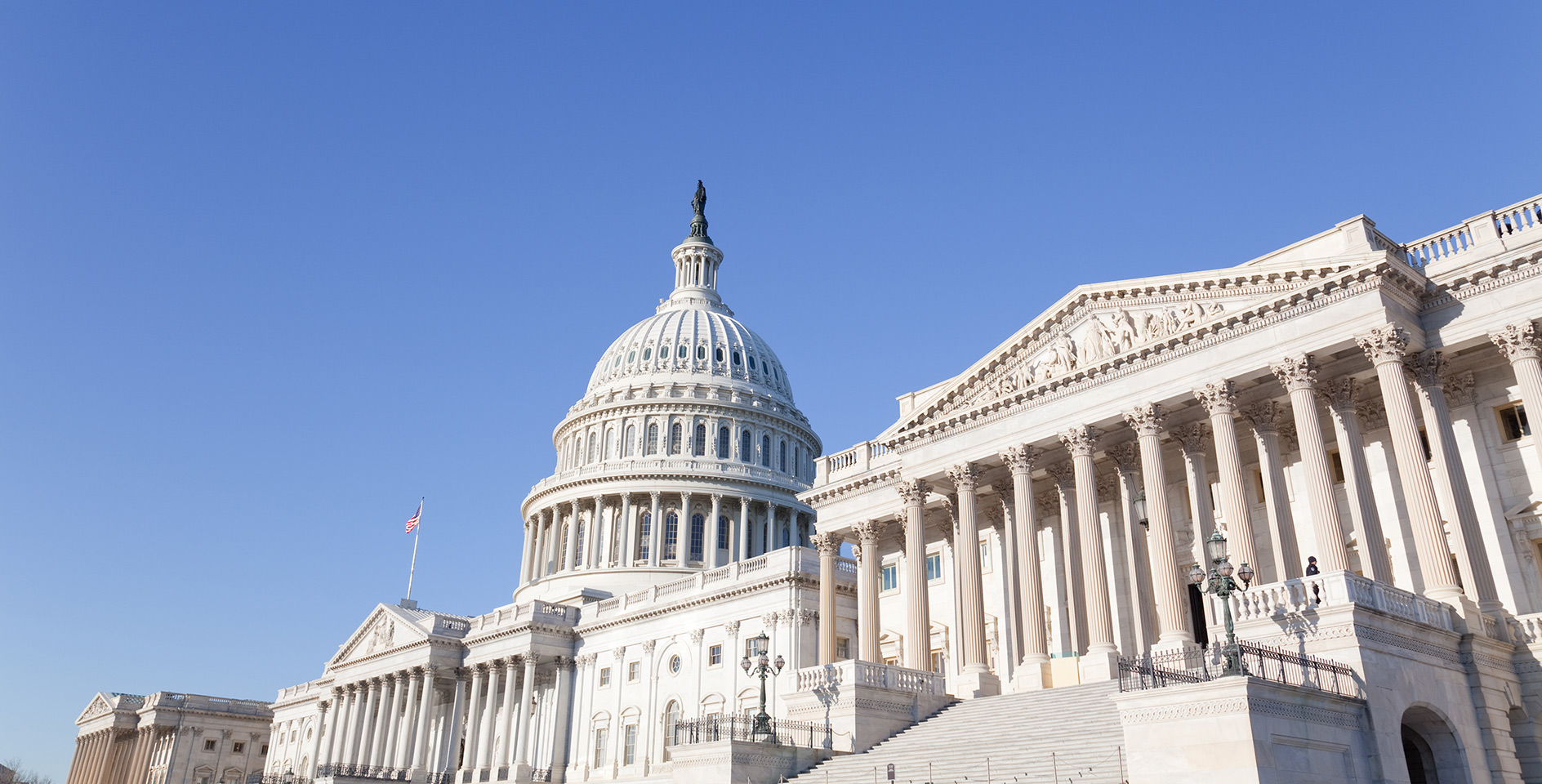What’s the case about?
Carl and Angel Larsen are filmmakers in St. Cloud, Minnesota and the owners of Telescope Media Group, a company that “exists to glorify God through top-quality media production.” The Larsens want to expand their business to include wedding videos for public clients but are afraid the Minnesota Human Rights Act (MHRA) would prevent them from limiting their services to the expression of biblical marriage between a man and a woman.
With the aid of Alliance Defending Freedom (ADF), the Larsens are pursuing a pre-enforcement challenge to the law through the federal court system. Last week, though, the court denied their request and ruled in favor of the state’s motion to dismiss the lawsuit. ADF is currently appealing the court’s decision.
What is the purpose of the lawsuit?
The Minnesota Department of Human Rights has interpreted the MRHA in a way that forces creative professionals like the Larsens to promote objectionable messages even though, as ADF points out, “they gladly serve everyone and decide what stories to tell based on the story’s message, not any client’s personal characteristics.”
The lawsuit, Telescope Media Group v. Lindsey, is a pre-enforcement challenge to those portions of the MHRA.
What is a “pre-enforcement challenge”?
The law discriminates against Christians because the state disagrees with our message.
A pre-enforcement challenge is a lawsuit brought to challenge a law that has not yet been enforced against the challenger. According to ADF, courts allow pre-enforcement challenges 1) when enforcement is "certainly impending" or a "substantial risk" or 2) when the law presently injures the citizen.
This second scenario often occurs when a statute restricts free speech and litigants stop speaking to avoid penalties. To mitigate this "self-censorship" injury, courts frequently hear pre-enforcement challenges in the First Amendment context, even allowing speakers to challenge laws when they haven't been “directly” threatened with arrest.
What is the Minnesota Human Rights Act?
The Minnesota Human Rights Act (MHRA) is a state law prohibiting discrimination in Minnesota based on race, color, creed, religion, national origin, sex, marital status, familial status, disability, public assistance status, age, sexual orientation, and Local Human Rights Commission Activity.
In 1993, the Minnesota Legislature amended the MHRA to include a prohibition on many forms of discrimination on the basis of “sexual orientation.” The statute broadly defines “sexual orientation” to include anyone “having or being perceived as having an emotional, physical, or sexual attachment to another person without regard to the sex of that person or having or being perceived as having an orientation for such attachment, or having or being perceived as having a self-image or identity not traditionally associated with one's biological maleness or femaleness.” (The only exception under the definition is that “sexual orientation” does not include a physical or sexual attachment to children by an adult.”
Why should Christians care about this lawsuit?
As the lawsuit notes, the Larsens are Christians who believe God has called them to use their talents to create media productions that honor God. The couple is “deeply concerned that American culture is increasingly turning away from the historic, biblically-orthodox definition of marriage as a lifelong union of one man and one woman” and that “more and more people are accepting the view that same-sex marriage is equivalent to one-man, one-woman marriage.” The Larsens want to be able to use the power of film and media production to “change hearts and minds” and to “celebrate and promote God’s design for marriage as a lifelong union of one man and one woman.”
However, the MHRA would impose restrictions on their Free Speech by imposing a requirement for them to use their talents and their company to spread a message the couple disagree with. The state’s human rights commission has explicitly stated that any business that creates “expressive wedding-related services” and declines to celebrate same-sex weddings is in violation of the law.
By refusing to film a same-sex wedding the Larsens could be subjected to the payment of a civil penalty to the state, as well as compensatory damages and punitive damages up to $25,000 per aggrieved party. They could also be charged with the criminal offense of discrimination, a misdemeanor under Minnesota law punishable by a fine of up to $1,000, up to 90 days in jail, or both.
The MHRA is thus being used to discriminate against Christians because the state disagrees with the content of their message, a clear violation of First Amendment freedoms of speech and religion.
“People should have the freedom to disagree on critical matters of conscience, which is why everyone, regardless of their view of marriage, can support the Larsens,” says Jeremy Tedesco, a senior counsel and vice president of U.S. Advocacy and Administration for Alliance Defending Freedom. “The same government that can force them to violate their faith and conscience can force any one of us to do the same. That’s why we plan to appeal this ruling to the 8th Circuit.”










